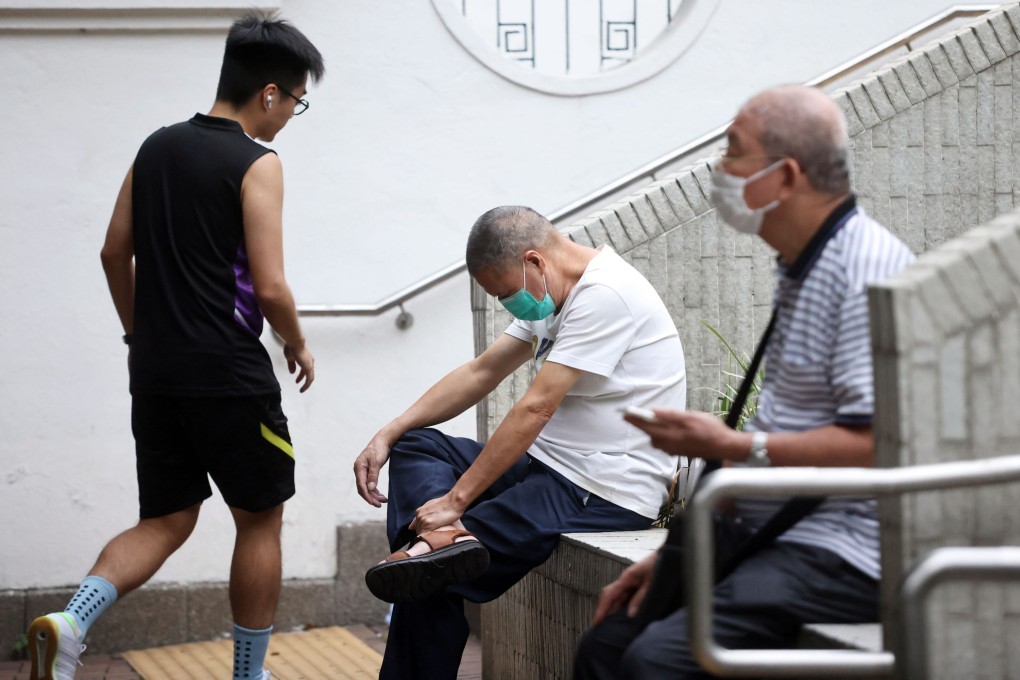Hong Kong policy address: primary healthcare reforms and greater subsidies for elderly ‘a step in right direction’, but culture change needed, observers say
- Chief Executive John Lee calls for change to avoid overreliance on public hospitals, and to shift treatment-oriented approach to focus on community prevention
- Source says reforms spurred by projection of elderly demographic comprising 31 per cent of population by 2039, with increase in sufferers of chronic illnesses

Hong Kong’s elderly will get an extra HK$500 (US$64) in medical vouchers if they spend more on primary care services, the city’s leader has announced in his maiden policy address, as part of a major healthcare reform aimed at reducing the burden on public hospitals.
With the establishment of a new statutory authority to spearhead primary healthcare developments, as well as a partially government-funded screening and treatment programme for patients with chronic diseases taking centre stage in the annual policy set piece, health experts said they believed the shift represented a “step in the right direction”, but warned the devil could be in the details.
“Our present healthcare system relies more on treatment than prevention,” Chief Executive John Lee Ka-chiu said at the Legislative Council on Wednesday. “With an ageing population and increasing prevalence of chronic diseases … coupled with the impact of the Covid-19 epidemic, the dire consequences of overreliance on public hospitals over the years have become more evident. We need to change.
“Our aim is to shift the emphasis of the healthcare system from its current treatment-oriented, hospital-based structure to a prevention-focused, community-based system, by investing additional resources to promote primary healthcare,” he said.
As previously revealed by the Post, the government planned to establish a Primary Healthcare Authority under the Health Bureau by 2024, armed with new powers to coordinate existing services across the Department of Health and the Hospital Authority as well as the private sector.
As part of further reforms in primary care, a new Strategic Purchasing Office will make key decisions on private services to be procured for the public.
Another key plank of the policy is a three-year Chronic Disease Co-Care Pilot Scheme, under which district health centres will enrol residents and refer those deemed to be at high risk of hypertension and diabetes for screening and treatment by family doctors. Half of the cost will be borne by the government, with an unspecified cap due to be announced later.
